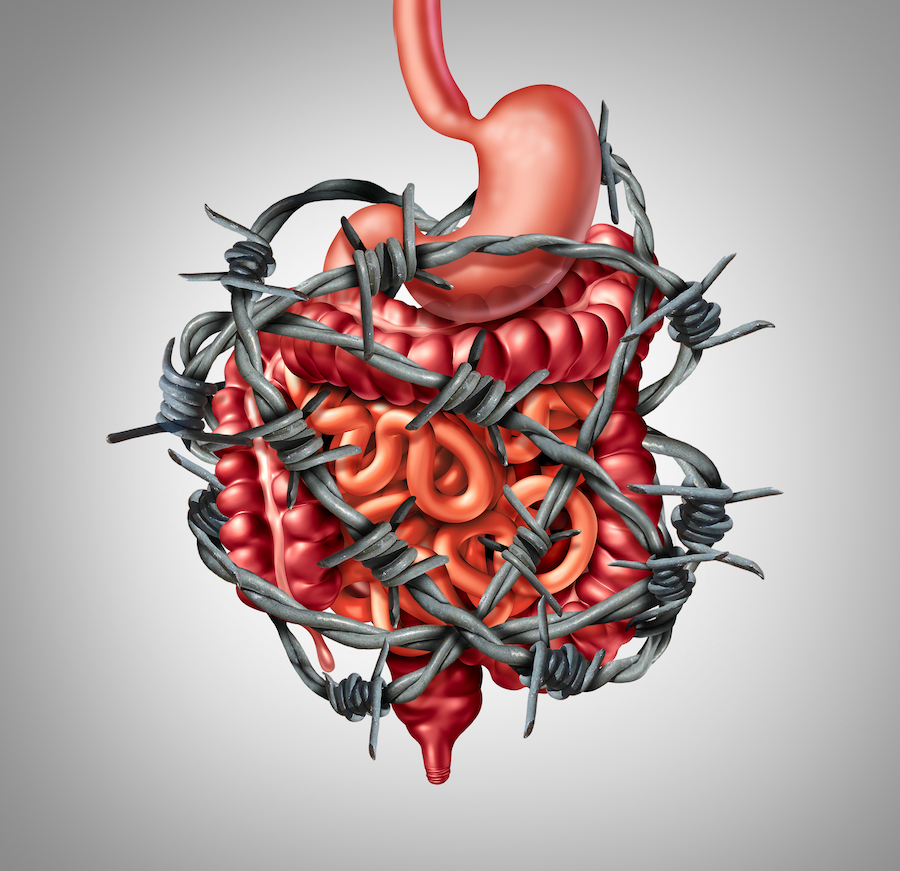Just saying the word ‘menopause’ can provoke strong emotional responses: denial, confusion, and sometimes fear. One way to move past these feelings is to have conversations and share knowledge to dispel the many myths and misconceptions about menopause so those experiencing mid-life changes can make informed choices about how to navigate this phase of life.
Menopause, the inside scoop




















